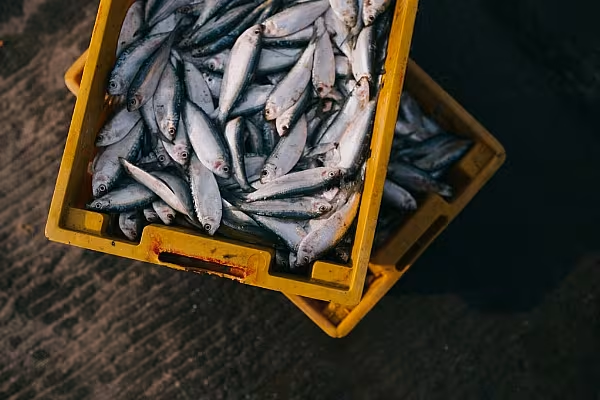Britain could lose more jobs in its fishing sector if the current delays and increased costs involved in exporting to the EU post-Brexit are not ironed out soon, industry groups have said.
Speaking at an Environment, Food and Rural Affairs (EFRA) select committee inquiry, representatives of Britain's fishing sector said small to medium-sized enterprises were especially at risk and called on the government to urgently negotiate new export rules with the EU.
"(Even) if we get (export) systems sorted, we will still have cost implications. In the medium term, small companies will stop trade to Europe and it may even be their demise," said Donna Fordyce, chief executive of Seafood Scotland.
"It's a real worry. These people can't see a future."
Brexit Deal
Under a Brexit deal reached late last year, British trade with the EU remains free of tariffs and quotas. But the establishment of a full customs border means goods must be checked and paperwork filled in, damaging express delivery systems.
Fresh food sectors like fishing and meat have been particularly hard hit, with export paperwork costs soaring and delivery delays prompting EU buyers to reject British produce or to pay less for it.
Sarah Horsfall, co-chief executive of the Shellfish Association of Great Britain, said some British shellfish companies had already shut their doors, buckling under the pressure of the COVID-19 pandemic, and then Brexit.
Paperwork Expenses
She said paperwork costs per consignment have increased by £400-£600. On top of that, companies often need to hire two or three extra staff just to fill in the paperwork, adding to costs.
Another point of contention for the British seafood sector is that EU exporters are currently not facing increased costs or delays in sending goods to Britain because the UK has postponed introducing reciprocal customs checks by three to six months.
"Exporters we deal with are considering relocating to the EU. We have to address this urgently if we want to grow, because at the moment we are at the risk of doing the opposite," said Martyn Youell, senior manager of fisheries and quotas at fishing company Waterdance.














